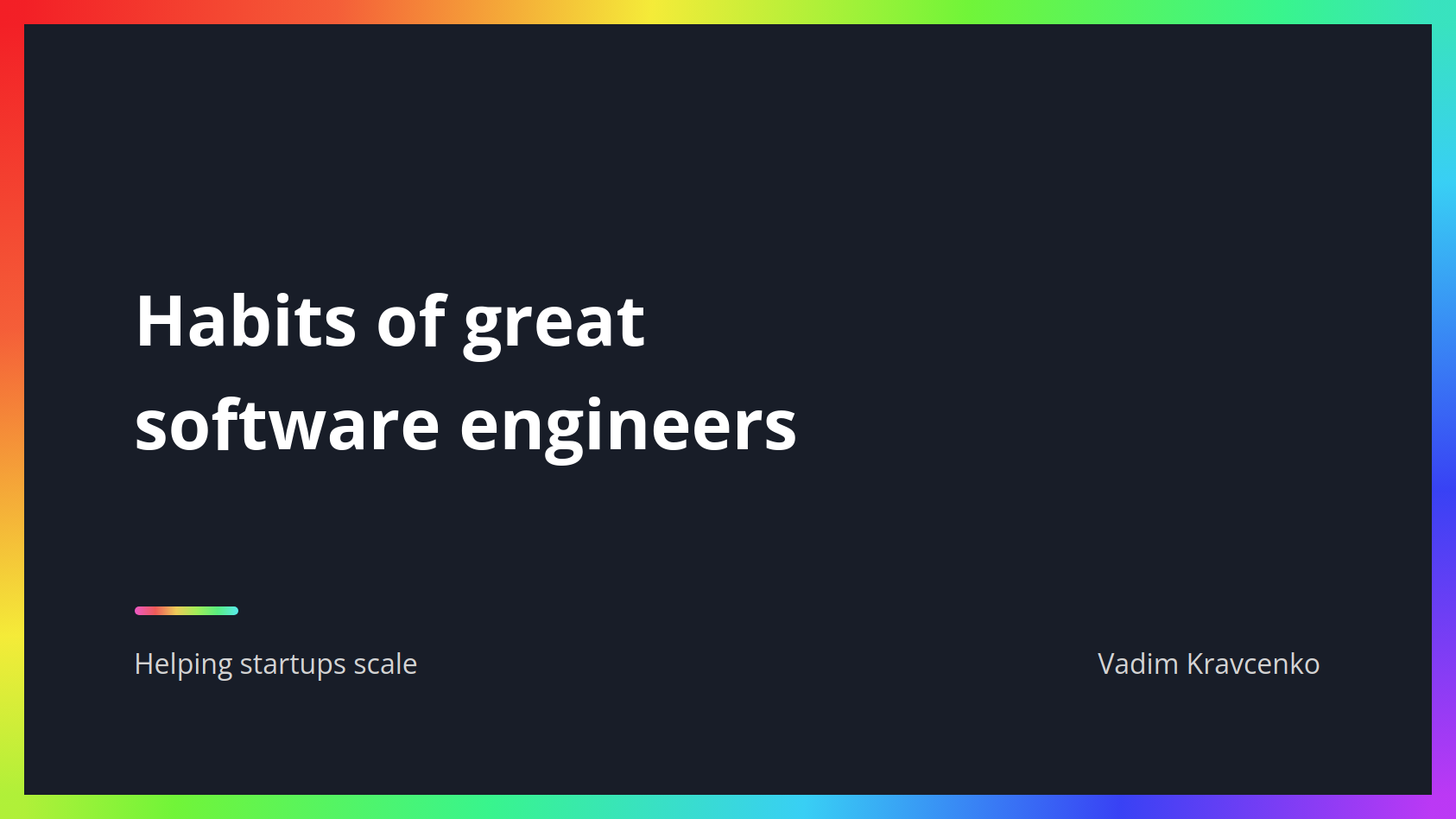Very weird example to me, with the LLM chatbot video. Like, yeah, interacting with an LLM can be interesting, but you’re not going to learn anything meaningful about it.
And when I jumped into the middle of the video, that looked pretty much exactly as I expected, too. The guy was tweaking the pre-query and then chatting with the chatbot to see how it turned out. So, they didn’t do/learn much coding either.
There is all that surrounding technology, which you are inevitably going to learn something about, but ultimately this is what I find so tiring about LLMs. I can learn something about the surrounding technology and tackle a topic which is meaningfully interesting at the same time. Unless I had a problem which a custom adaptation of an LLM could solve, why would I choose to play with it?
Focusing beyond the code - as a developer you will code 20% of your time.
Doesn’t sound like a great software engineer to me
I’m not sure about the exact percentage but I don’t think it’s necessarily that far off. I spend a lot of time reviewing code, designing, documenting, reading documentation. Actually writing code is a cherry on top.
Yeah. As a manager of developers, I don’t want my team to spend their time producing code… I want them to spend their time solving problems.
If anything 20% is on the high side, for experts working in difficult (profitable) domains.
When we pointy-haired-bosses are doing our job right, producing new code is a much lower priority in the software engineer’s day, behind understanding and maintaining the important code that is critical to the objectives of the organization.



